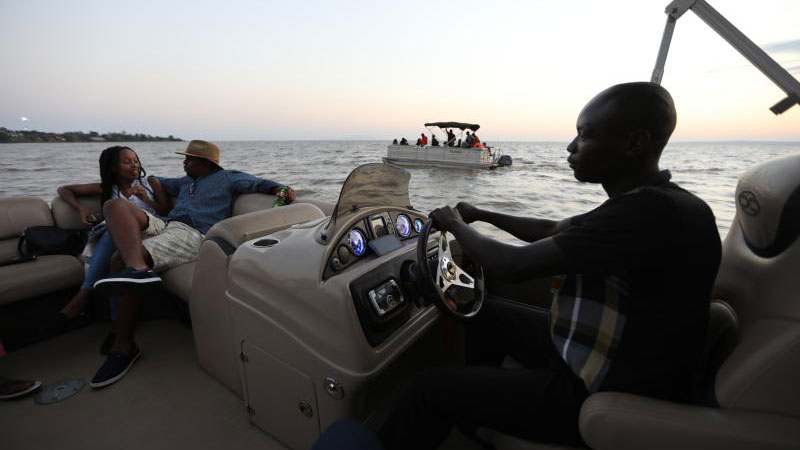×
The Standard e-Paper
Join Thousands Daily

Today, people around the world are travelling more. And with the internet exposing more unique and exotic places located in various spots all over the world, this is bound to happen more.
International tourist arrivals worldwide are expected to hit 1.8 billion by 2030.